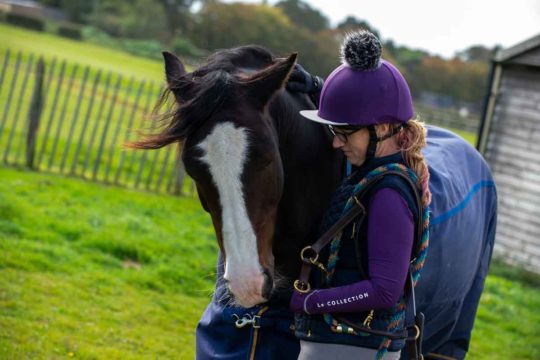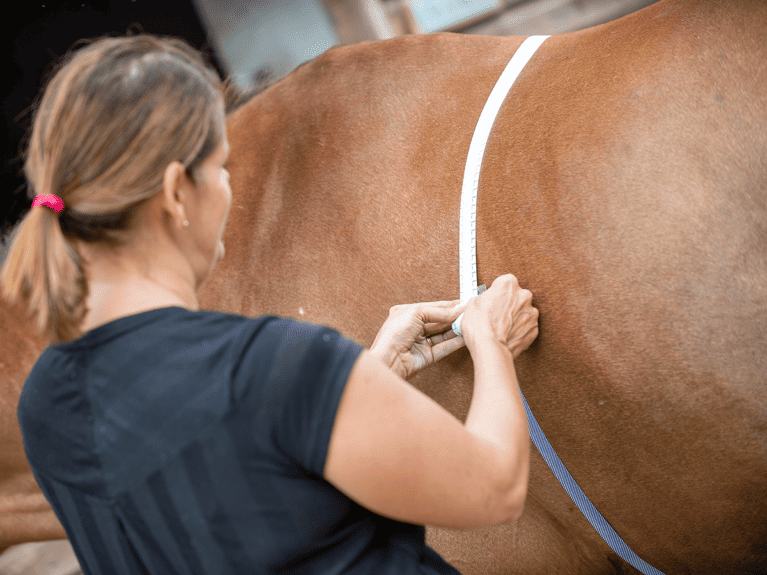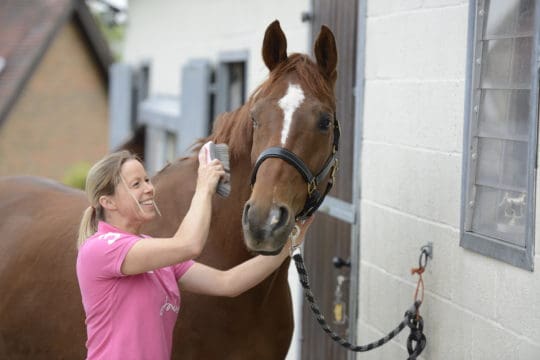
Most Read Articles

RVC launches a study aided by the public to explore and prevent the disease
Pituitary Pars Intermedia Dysfunction (PPID), more commonly known as Cushing’s disease, affects approximately 25% of horses and ponies over the age of 15 years old. Therefore, the Royal Veterinary College (RVC) has released a study to better understand the impact of the disease on both horses’ and ponies’ quality of life, which is aimed to improve monitoring and decision making on Cushing’s disease as well as treating it.
The college is asking for participants who have horses and ponies with Cushing’s, as well as owners who have horses without the condition, but they must be older than 10 years of age.
Created by the RVC, the study aims to develop a validated equine quality of life tool, which can objectively assess the impact of the disease on an individual horse’s quality of life. This can also support equine vets’ decision making relating to treatment and/or euthanasia when a horse is diagnosed with PPID.
Cushing’s disease attacks the hormones, and there are several clinical symptoms that impact equines, including painful hoof conditions, laminitis, weight loss and lethargy. Therefore, as owners often associate these symptoms with ageing, veterinary advice may be avoided. Also, as the disease is often left untreated, when a diagnosis is given, owners must provide increased physical care and higher vet costs, which is burdening for both horse and owner.
The RVC is asking horse and pony owners to complete an online survey, which will provide them with vital data for the initial development of the tool. This will then be used in a study involving more than 100 horses who have been recently diagnosed with PPID and will follow these horses over a two-year period. It takes 15 minutes to complete, and it asks participants to provide an assessment of the equine’s quality of life, clinical signs associated with PPID and any additional veterinary-related problems.
PhD Candidate and Research Assistant, Aline Bouquet said: “Results from this project will better our understanding in how this disease and its treatment impact the quality of life of individual horses and ponies, which can hopefully then help vets and owners to assess and monitor the impact, guide management decision-making and thus improve the welfare of affected horses and ponies.”
Owners who would like to participate in the study can sign up here.
More information about the study can be found here.











